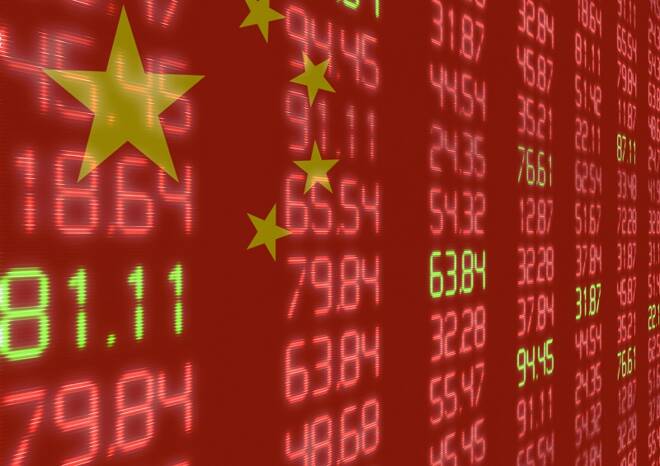Advertisement
Advertisement
Trade wars burden in China data pull markets down
Updated: Jan 14, 2019, 12:34 GMT+00:00
A fresh batch of news on the Chinese economy heightened fears around global growth.
China’s foreign trade surplus showed an impressive $57.1 billion in December, a maximum for last three years. Potentially, this is good news for the Chinese currency, as it implies an increased inflow into the economy. However, upon closer look, the statistics noted a drop in Chinese exports and imports. This is not only a sign of a slowdown in the second world economy but should also be considered as a symptom of a global slowdown.
Chinese markets lost about 1%, S&P 500 futures are down by 0.9% on Monday morning on fears that trade disputes between China and the US will cause a serious slowdown in key economic regions.
A significant part of imports to China is not for final consumption but for subsequent production. A weak volume of imports precedes a further decline in exports and threaten to turn into an even greater slowdown of the Chinese economy.
Global markets are closely monitoring data from China. It is the second largest world economy and the most important trading partner for a large number of countries, so its data often covers a very wide range of companies. However, it is also important that China is an important indicator of the global economy since trade often responds very quickly to global economic trends.
It is equally important for the markets that this data is released very quickly. Statistics for December have already been published, although many developed countries will do it only at the end of this month – at the beginning of the next they will publish indicators.
This article was written by FxPro
About the Author
Alexander Kuptsikevichcontributor
Alexander is engaged in the analysis of the currency market, the world economy, gold and oil for more than 10 years. He gives commentaries to leading socio-political and economic magazines, gives interviews for radio and television, and publishes his own researches.
Advertisement
